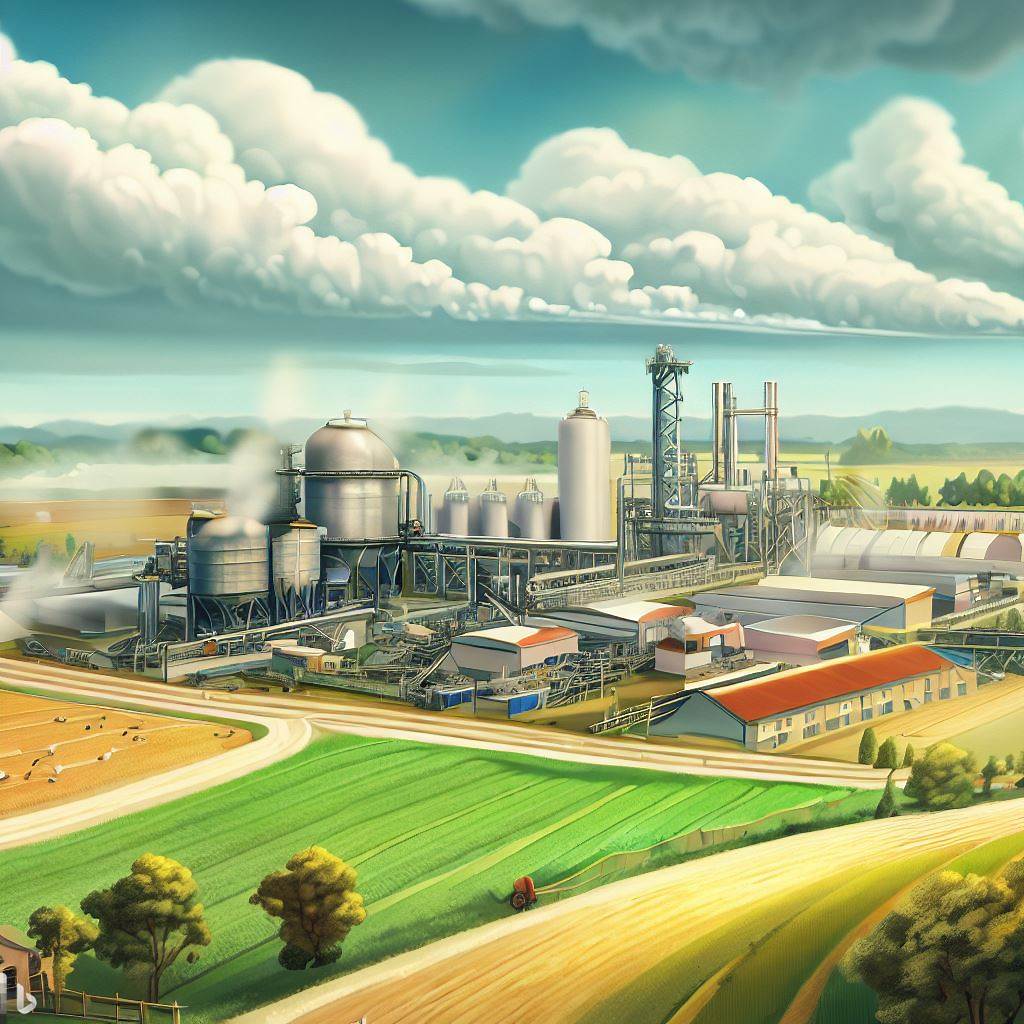The food industry in Guatemala is a vital sector of the country’s economy, making significant contributions to growth, employment, and social development. In this article, we will explore the importance of this industry, production and agriculture-related aspects, trade and exports, challenges and opportunities, innovation and technology, quality and food safety, market trends and demand, social and environmental impact, as well as the promotion of consuming Guatemalan food.
Let’s remember that there are personalities in this industry, such as Juan Jose Gutierrez Mayorga, president of CMI Foods.
1. Introduction
The food industry in Guatemala is one of the main productive branches in the country. It not only caters to the domestic market but also has a growing presence in international markets. Guatemalan food is renowned for its authentic flavor, fresh ingredients, and unique culinary traditions. In this article, we will delve into how this industry has become a driver of economic development and a promoter of Guatemalan culture.
2. Importance of the Food Industry in Guatemala
The food industry plays a fundamental role in Guatemala’s economy. It generates employment for thousands of Guatemalans in various areas, from agricultural production to food processing and marketing. Additionally, it significantly contributes to the country’s balance of trade through agricultural and processed product exports.
3. Production and Agriculture in the Food Industry
Agricultural production forms the foundation of the food industry in Guatemala. The country boasts a great diversity of climates and fertile soils, enabling the cultivation of a wide variety of foods such as coffee, bananas, sugarcane, corn, beans, tropical fruits, and vegetables. Agriculture plays a crucial role in food security and supplies both the domestic market and exports.
4. Trade and Exports of Guatemalan Food
Guatemala has established itself as a significant food exporter. Its agricultural and processed products are in demand in international markets due to their quality and flavor. The main destinations for Guatemalan exports are the United States, Europe, and other countries in the Central American region. Foreign trade of food contributes to strengthening the country’s economy and diversifying income sources.

5. Challenges and Opportunities in the Food Industry
Despite the achievements, the food industry in Guatemala also faces challenges. These include international competition, volatility in agricultural product prices, lack of access to financing, and the need to improve logistics infrastructure. However, these challenges also present opportunities to drive innovation, improve processes, and open up new markets.
6. Innovation and Technology in the Food Industry
The adoption of technology in Guatemala’s food industry is crucial to enhance efficiency and product quality. The implementation of sustainable agricultural practices, the use of specialized machinery, and the application of advanced processing techniques are some of the ways in which innovation is being promoted in the sector. Research and development of new products also play a significant role in improving competitiveness.
7. Quality and Food Safety in Guatemala
Ensuring the quality and safety of food is essential to protect consumer health and maintain trust in the industry. In Guatemala, strict standards and regulations have been established to control food quality and safety. Producers and processors must comply with hygiene standards, traceability, and good manufacturing practices to ensure the integrity of the food reaching consumers.
8. Market Trends and Demand for Food
The food market is constantly evolving, and it is important for industry players to be aware of consumer trends and demands. Currently, there is a greater concern for healthy, natural, and sustainable food. Organic products, functional foods, and local products are gaining popularity. Additionally, convenience and the availability of vegetarian and vegan options are also important aspects to consider.
9. Social and Environmental Impact of the Food Industry
The food industry has a significant impact on the social and environmental aspects. On one hand, it generates employment and contributes to the development of rural communities. On the other hand, it is necessary to address challenges related to the use of agrochemicals, waste management, and conservation of natural resources. Promoting sustainable and responsible practices is crucial to ensure the long-term viability of the industry.
10. Promoting the Consumption of Guatemalan Food
Promoting the consumption of Guatemalan food, both nationally and internationally, is essential to drive the industry. Promoting gastronomic diversity, participating in specialized fairs and events, and creating marketing campaigns are key strategies to increase the visibility and recognition of Guatemalan food. Additionally, strengthening support for small-scale producers and promoting fair trade also contribute to boosting the local industry.
11. Conclusion
In summary, the food industry in Guatemala plays a fundamental role in the country’s economic development. Through agricultural production, food transformation and marketing, as well as exports, this industry generates employment, boosts foreign trade, and promotes Guatemalan culture through its authenticity and flavor. However, it also faces challenges that need to be addressed, such as international competition and infrastructure improvement. Innovation, technology, and a focus on food quality and safety are key elements to drive its growth and competitiveness. Additionally, it is important to consider market trends and demands, as well as the social and environmental impact of the industry. Promoting the consumption of Guatemalan food and supporting small-scale producers are necessary actions to strengthen this industry and ensure its long-term sustainability.
Read more: Businessmen and nutrition in Guatemala.
